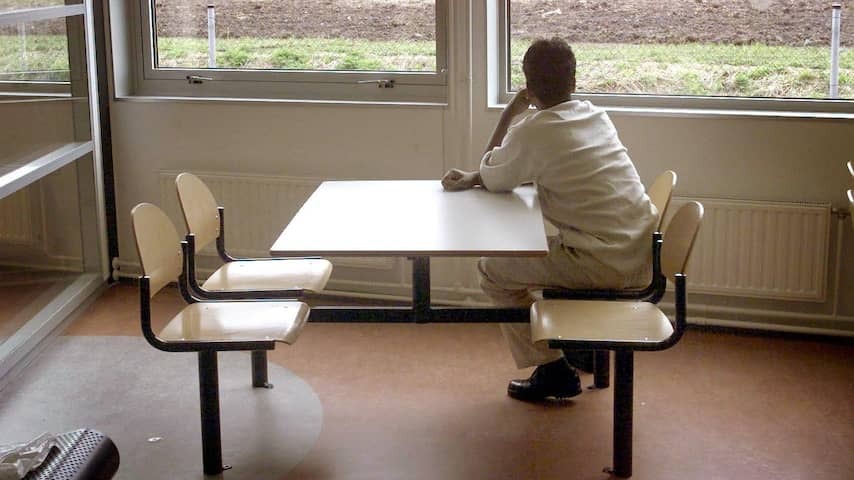
The Ministry of Asylum and Migration must re-examine the policy for asylum seekers from Yemen. Last year, it was decided that Yemenis would no longer automatically receive an asylum permit, but according to the Council of State, this decision is not well-founded.
Since the change, the Immigration and Naturalisation Service (IND) has been looking at the personal situation of an asylum seeker from Yemen. Former State Secretary Eric van der Burg, for example, indicated that journalists and (political) activists still run a great risk in their country.
But as far as he was concerned, that great risk no longer applied to all people from Yemen, as had previously been the case. A civil war has been raging in the country in the Middle East since 2015. The government is fighting, among other things, against the radical Islamic Houthi rebels.
But due to a “de facto ceasefire,” the situation in the country had improved to such an extent, according to Van der Burg, that the policy on which the IND bases its applications could be adjusted. There was no longer an “exceptionally bad situation.”
Situation still ‘exceptionally bad’ according to asylum seeker
The case ended up at the Council of State (RvS) because an asylum seeker from Yemen did not agree with it. His asylum application was rejected because, according to that new policy, he did not run enough danger in his country of origin. But according to the asylum seeker, there is still an “exceptionally bad situation,” and therefore virtually everyone from Yemen should receive asylum.
The RvS now finds that the new policy does not adequately substantiate why the situation in Yemen is no longer exceptionally bad. The highest administrative court in our country points out, for example, that “the victims as a result of landmines and explosive remnants of war, the recent confrontations, and the increased percentage of displaced persons as a direct result of armed conflict in Yemen” are not included in that policy.
Moreover, the ministry has not taken into account the warring parties, including the Houthi rebels, who make humanitarian aid difficult in Yemen. The ministry must therefore re-examine the policy regarding Yemeni asylum seekers. Their asylum application must also be reassessed.
It remains to be seen whether the ministry will adjust the country policy or better substantiate the current policy. It is therefore not yet clear what effect the ruling of the Council of State will have on all other asylum applications from Yemenis.